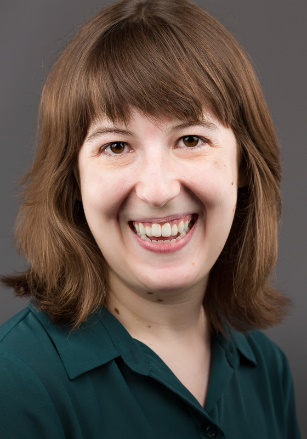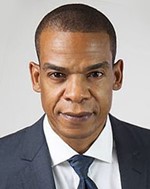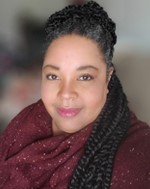Department Ombuds
The Department of Biological Sciences offers Ombuds & Equity services to diminish issues amongst faculty, staff & students, empowering everyone to speak freely and without prejudice to someone within the department. When conflicts begin to emerge, ombuds can offer informal, neutral help for all employees who have an issue and are unsure of the appropriate channels to follow. The role of the ombuds is to make appropriate recommendations and suggest resources on how to resolve the concern.
What the ombud does:
- Listens to concerns.
- Analyze these concerns and explore options for resolving the concerns.
- Provides information about policies and services.
- Facilitates dialogue between personnel and University offices and administrators.
- Applies common sense conflict resolution and conciliation methods to assist with informal resolution instead of or prior to filing a grievance.
- Recommends changes in policy and/or work procedures.
Why consider an ombuds? Unresolved turbulence can be mishandled, leading to anxiety, stress, challenges to communication, and unnecessary departures. Embracing conflict as a learning opportunity gives the parties a voice and in the long term may improve collaboration, productivity, and satisfaction. Ombuds are independent and neutral agents, serving as an advocate for fairness and equity.
We have departmental Ombuds & Equity people who vary in their academic rank and experience so our students, faculty, and staff can choose any of them based on who they would feel more comfortable with.
Please remember that due to the limits of technology, the confidentiality of email messages cannot be assured. You are advised against sending sensitive information via email.
The only exception to the confidentiality rule is if there is an imminent threat of serious harm to self or another employee.
In addition to the ombuds, the Department also provides this Guide for reporting inappropriate behavior or behavior of concern (PDF), to help department members understand of the various reporting avenues across campus -- how they work, what to expect, and what to be aware of.
For a detailed description of expected behavior please see the Department Code of Conduct.We have departmental Ombuds & Equity people available to members of our Department. They vary in their academic rank and experiences so our students, faculty, and staff can choose to approach any of them based on who they would feel more comfortable with:

Chris Sahley is a Professor of Biological Sciences and Associate Head of Undergraduate Education. She works closely with Science Counseling on a number of student issues. She also works directly with the counselors in International Studies programs and is the contact person for students entering the freshman Honors Program. Working toward the recruitment and retention of women in the sciences, she is also actively involved in the Women in Science Program and is the Director of the Center for Faculty Success and Special Advisor to the Provost on Gender Equity.
Email: sahley@purdue.edu

Henry Chang is an Associate Professor of Biological Sciences. He was a Faculty Fellow at Owen Hall, discussing weekly with students about campus and career-related topics. He has participated in the Horizon and LSAMP programs and has experience in mentoring students. As an ombud, he is committed to listening to your concerns and helping you resolve the challenges.
Email: hcchang@purdue.edu

Linda Girouard is the Director of Academic Programs for Biology. She works with course management, retention, and resolving graduate student challenges. Her interests include DEI issues, cultural understanding in the workplace, and conflict/problem resolution. She is also a certified QPR Gatekeeper trainer.
Email: lgirouar@purdue.edu

Becca Trapp is a fourth year PhD candidate in the Department of Biological Sciences, within the Ecology and Evolutionary Biology research area. As a peer ombuds, she has received training from the graduate school and is available to confidentially provide advice and resources to graduate students as they navigate any issues that may arise in their professional/academic lives. As a student herself, she understands the many challenges that come with attending graduate school and aims to do what she can to help any students who are faced with a situation they're unsure how to handle.
Email: rtrapp@purdue.edu
There are also other members of the Purdue Community trained to assist students and staff with workplace issues including discrimination and/or harassment:

Vice Provost for Diversity and Inclusion
jfgates@purdue.edu

Assistant Director of Science Diversity, College of Science
harri326@purdue.edu
49-41765

Inclusive Excellence Specialist, Division of Diversity and Inclusion
munt@purdue.edu
49-67675